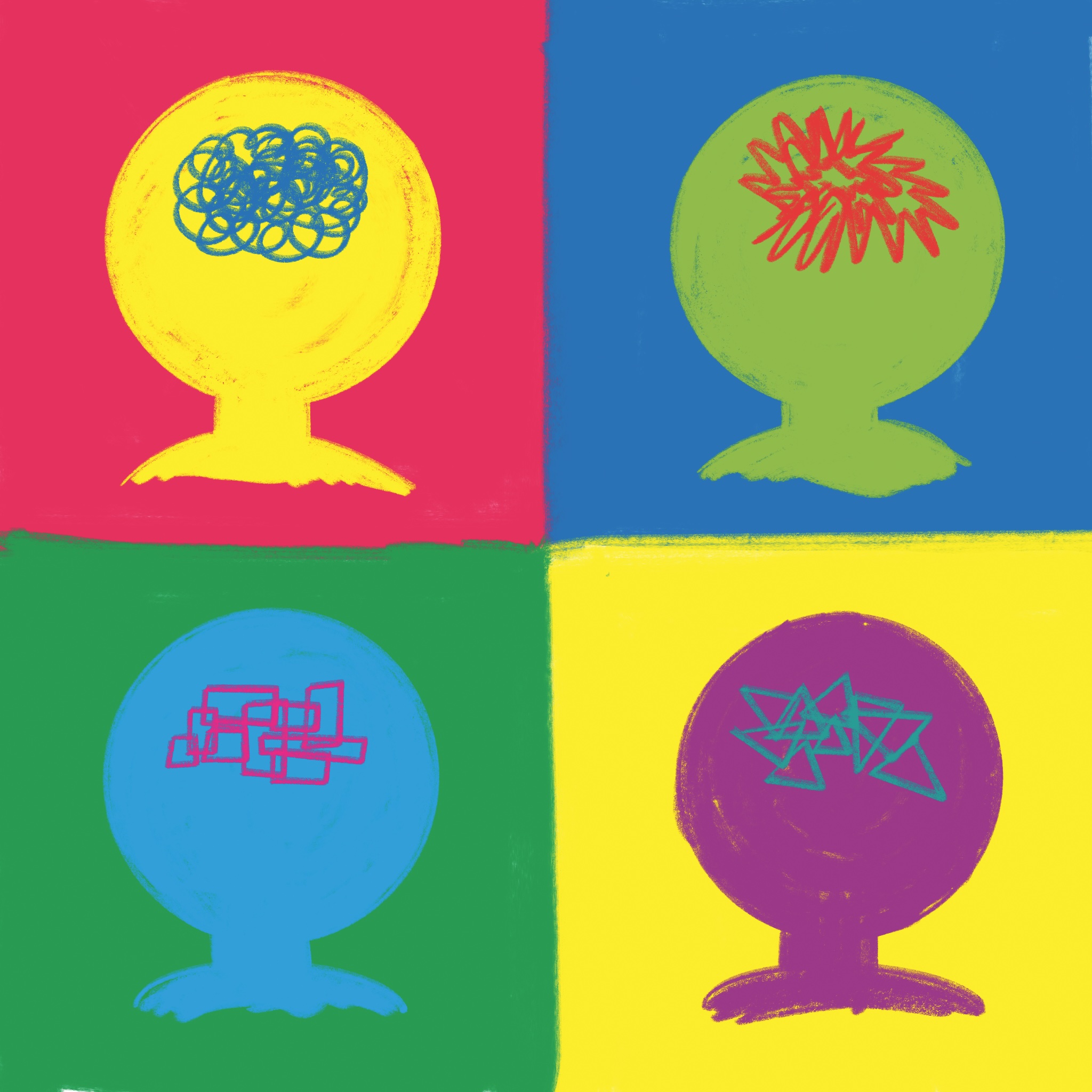Baldwin Center hosts “Normal Isn’t Real” screening and panel to foster neurodiversity awareness
November 1, 2024

As the film ensued, students, faculty and Brunswick residents laughed alongside particularly resonant stories and watched attentively when the featured young adults shared tactics for managing LDs, including personalized studying strategies and support systems that help keep those struggling with learning differences on track.
“The movie sends a really important message—how the young adults learned to accept and love themselves and to embrace their strengths and be proud of themselves,” Chong said.
After the film, Chong allotted time for a brief intermission before the panel discussion, acknowledging how those with ADHD may need breaks between long periods of inactivity.
“As a disabled person myself, I was told this event would be a great way to connect with folks or have a connecting experience,” said Jolie Gagnon, event attendee and new adviser for the Disabled Student Association.
The panel consisted of two Bowdoin students and two faculty members: Ellie Saksena ’26, John Erlandson ’25, Associate Professor of Government Jeffrey Selinger and Associate Director of Clinical and Emergency Services Shelley Roseboro. Over the course of an hour, the panelists yielded questions from the audience regarding their experiences with LDs.
“It was especially useful for parents to hear from these two very composed and very thoughtful students that were on the panel,” Selinger said.
Throughout her time working specifically with learning strategies, Chong began to notice a pattern among the students approaching her for support, prompting her idea to host more collaborative spaces for neurodivergent students and community members.
“I applied for the Community and Belonging Funds with Katy Stern,… and as soon as I had them I knew I wanted to go forward with it, because October is also Learning Disability Awareness Month,” Chong said.
Whilst Chong kickstarted her mission to spread awareness about learning disabilities with the film screening and panel discussion, she hopes conversations like these can assist in reducing stigma around neurodivergence.
Erlandson shared his experience with stigma during the panel discussion, prompting a discussion around ways to create community and support at the College for those with LDs.
“I had a debate with one of my friends in high school about whether or not it was overkill or unfair that students in my position with learning disabilities get extra time as well as taking medication,” Erlandson said. “It’s hard to understand exactly what we go through, but you’re not going to tell a student wearing glasses they have to take their glasses off to take a test because they wouldn’t have to do that in the real world, and because it would be unfair.”
As awareness around neurodivergence at the College builds, Chong is considering a variety of avenues to form a community and provide support for students with learning disabilities.
“I would like faculty to know there might be ten percent of students in your class—maybe two or three in your classroom right now—who are neurodivergent who would benefit from different learning and teaching strategies, and by implementing UDL [universal design for learning] strategies in your classroom, the entire class would benefit,” said Chong.
Chong and the event panelists highlighted the importance of fostering an inclusive Bowdoin community that actively supports neurodivergent students. Moving forward, she hopes to maintain an ongoing conversation around neurodiversity and host more spaces for students with learning disabilities to seek support.
“Tina Chong did a great job. This is a really smart and necessary initiative, and she did an amazing job…. Hopefully there are more events of this nature down the road,” Selinger said.

Comments
Before submitting a comment, please review our comment policy. Some key points from the policy: